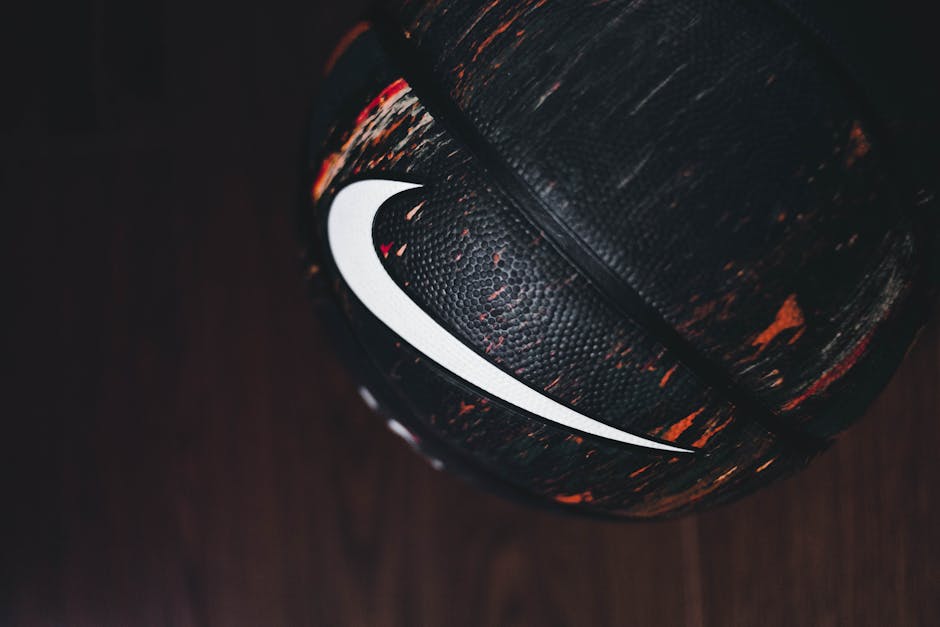Delhi High Court Grants Interim Relief to J&J in ORS Branding Case
NEW DELHI – In a significant relief for Johnson & Johnson Pvt. Ltd., the Delhi High Court has granted an interim stay on a directive from the Drugs Controller General of India (DCGI) that sought to restrict the branding of Oral Rehydration Salts (ORS). The ruling provides a temporary reprieve for J&J, which had challenged the regulator’s move, arguing it would unfairly impact its widely recognized brand, Electral.
The court’s decision effectively pauses a regulatory cleanup aimed at tackling a serious public health concern: the growing confusion between genuine, WHO-formula based ORS and a plethora of similarly packaged energy and electrolyte drinks.
Why the DCGI Curbed ORS Branding: A Public Health Concern
The controversy began when the DCGI issued a directive to standardize the ORS market. The regulator observed that many companies were marketing fruit-flavoured drinks and non-standard electrolyte powders under names and packaging that closely mimicked life-saving ORS products.
Health experts have long warned that this ambiguity can be dangerous. A patient suffering from severe dehydration needs a specific, balanced formulation of salts and sugar as recommended by the World Health Organization (WHO). Mistakenly consuming a high-sugar energy drink can worsen the condition, with potentially severe consequences, especially for children.
To prevent this, the DCGI’s order stipulated that only products conforming to the official Indian Pharmacopoeia standards could be labelled as ‘ORS’. It also imposed restrictions on brand names that could be misleading, aiming for a more uniform identity for the essential drug.
Johnson & Johnson‘s Legal Challenge: Protecting the Electral Brand
This regulatory curb put established players like Johnson & Johnson in a difficult position. Their product, Electral, has been a household name in India for decades, synonymous with doctor-prescribed rehydration therapy. The company argued that the DCGI‘s sweeping order was arbitrary and would force them to abandon decades of brand equity built around the ‘Electral’ name.
In its petition to the Delhi High Court, Johnson & Johnson contended that its product is a legitimate, pharmacopoeia-compliant ORS and not one of the misleading drinks the regulator was targeting. Forcing them to drop a well-established brand name, they argued, would cause irreparable financial and reputational damage.
The High Court’s Interim Stay and Future Implications
Hearing the plea, the Delhi High Court acknowledged the potential for “irreparable harm” to J&J if the directive were to be enforced immediately. By granting an interim stay, the court has allowed the company to continue marketing its product under the existing branding while the case is fully adjudicated.
This ruling is being closely watched by the pharmaceutical sector, as many other companies with branded ORS products would have been similarly affected. While it is a victory for brand-led pharma companies, the larger debate is far from over. The core issue raised by the DCGI—ensuring patient safety and eliminating confusion—remains a pressing concern. The final outcome of this case will set a crucial precedent for how regulators balance public welfare with the commercial rights of corporations in India.




